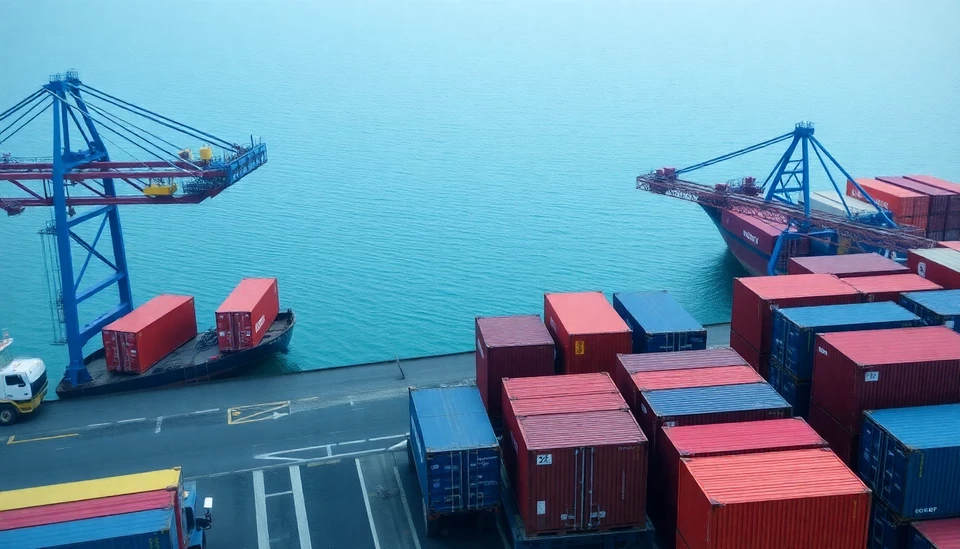
Recent reports indicate that trade uncertainty in the global market has soared to record heights, further complicating already strained supply chains. The consequences of geopolitical tensions, evolving trade policies, and lingering effects from the global pandemic have culminated in a fraught environment for businesses and economies around the world.
As nations grapple with various challenges, such as tariff alterations and import restrictions, businesses are finding it increasingly difficult to navigate the complexities of international trade. A new report highlights that more companies than ever are signaling concerns over potential disruptions to their supply chains. This alarming trend is seen as a major setback in efforts to stabilize commerce and restore normalcy in post-pandemic trading practices.
The findings from a recent survey conducted among global manufacturers reveal that nearly 77% of companies reported an increase in trade uncertainty, which marks a significant rise compared to previous years. Responses indicate that firms are now more cautious in their procurement strategies and investment decisions, aware of the potential repercussions that instability may impose on their operations.
In addition to trade policies, the ongoing conflict between major economies has further exacerbated the situation. As nations impose sanctions and retaliatory tariffs, businesses are left to grapple with not just compliance issues but also rising costs and limited market access. This has led to heightened inflation and bottlenecks in the supply chain, contributing to a domino effect that disrupts production and leads to delays in product availability.
The logistics sector is feeling the strain as well, with companies scrambling to adapt to changing regulations and shifting market demands. Many firms are considering diversification of their supply sources to mitigate risks, but this strategy also requires careful planning and investment, which is challenging amid ongoing uncertainty.
Experts predict that the situation will continue to worsen before it gets better. As long as geopolitical tensions remain high, volatility in the market is expected to persist, causing businesses to rethink their long-term strategies. Without a clear resolution to these global issues, many firms will have no choice but to brace for further disruptions in their supply chains.
Overall, the current climate of trade uncertainty casts a long shadow over global economic recovery efforts. It remains imperative for businesses to stay informed and adaptable in the face of evolving challenges that could have profound implications for their future prosperity.
As companies strive to enhance their resilience in turbulent times, the global community watches to see how governments respond to these challenges and whether concerted efforts will emerge to foster greater stability in international trade.
#TradeUncertainty #SupplyChainDisruption #GlobalEconomy #BusinessResilience #GeopoliticalTensions
Author: Daniel Foster




